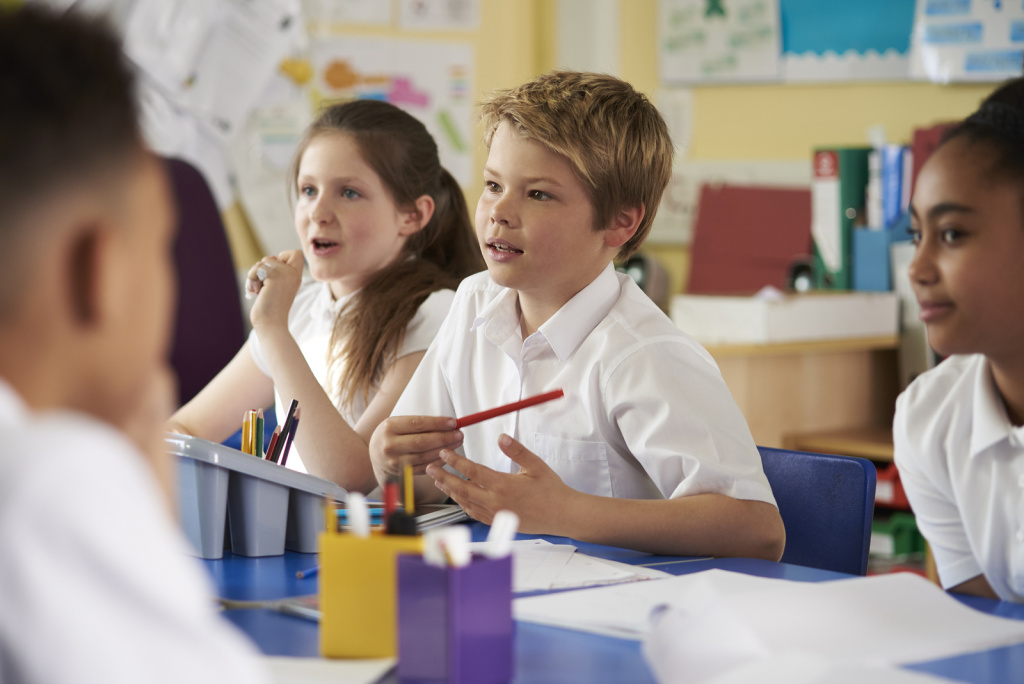
Introduction
In today’s fast-paced and ever-changing world, the capacity to think critically, communicate persuasively and collaborate seamlessly is not just beneficial; it's absolutely essential. While many people link these vital skills to higher education and professional arenas, the truth is that they can – and must – be nurtured from a young age. One of the most impactful ways to cultivate these key abilities in young learners is through the engaging practice of structured debate.
Many educators might shy away from introducing debate to primary students, believing it's too complex or formal for their age. However, starting this practice early brings extraordinary advantages. It empowers children to express their ideas with confidence, engage thoughtfully with diverse viewpoints and develop essential reasoning skills (Chen, Lewis & Myhill, 2021). Beyond mere verbal expression, debate hones critical thinking abilities, fosters active listening and encourages respectful argumentation – skills that resonate well beyond the classroom.
There is immense value in incorporating debate into primary education and a wealth of dynamic strategies available for teachers eager to bring this enriching practice into their classrooms. By fostering a culture of debate, educators can equip young learners with the confidence, critical thinking prowess and communication skills they need not just to succeed academically but also to navigate and thrive in an increasingly intricate world.
Why Debate Belongs in the Elementary Classroom
Debate is not just confined to high school teams or formal competitions – it is a transformative force for young learners. By introducing structured argumentation in the elementary classroom, we ignite a powerful catalyst for growth in reading comprehension, writing and even math. Students are challenged to analyse, synthesise and defend their ideas, leading to a deeper understanding of core concepts.
This practice sharpens critical thinking, refines reasoning skills and imbues learners with the confidence to articulate their thoughts with clarity and persuasion. Beyond being an academic exercise, debate equips students with the ability to listen actively, embrace multiple perspectives and partake in meaningful discussions. These are essential skills that will empower them throughout their lives.